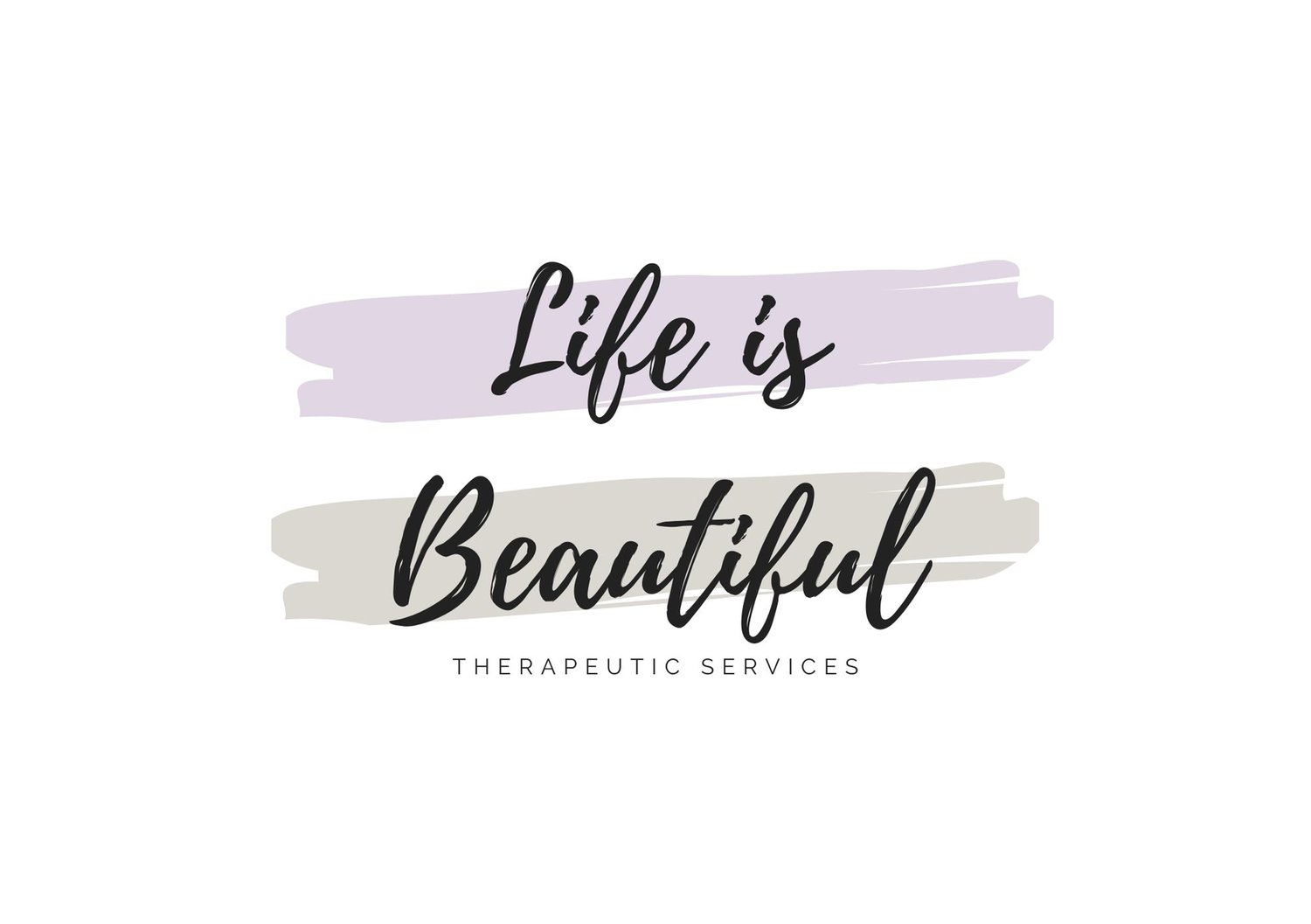Checklist - Journaling Strategies
Journaling Strategies
Reflect on your life, solve challenges, and see how you’ve grown over the years by keeping a journal.
These tips can help you get started:
Choose your medium. Notebooks seem to work the best. Find a notebook that “speaks” to you. Find a pen that you love. This will help you become more attached to the process.
Be consistent. Whether you decide to journal once a week to begin or if you want to journal every day, be consistent.
Choose a dedicated time to journal. This will help in the practice of consistency. This will also help you identify the intent of your journaling. If you want to reflect on your day, do your journaling toward the end of the day. If you want to set intentions or build a positive mindset, journaling in the morning will be most effective.
To begin, keep journal entries short. This will make journaling less daunting and easier to commit to.
What you write and how you write is personal. Journaling can be used to record important events of the day, track your progress toward your goals, or parse out challenges. This can be done through making lists of bulleted items, stream of conscious writing, or long-form focused writing. Do what works for you.
Journals are private and sacred. Keep them safe. Have conversations with individuals in your life to allow them to know that the boundary is there.
If you know someone who journals, make sure that you honor that boundary as well.
I have been working in the mental health space for 20 years. During that time, I have never ASKED to read a journal entry. However, I have read hundreds of journal entries at the request of clients. I find that this is a huge show of respect and trust to be allowed into these most intimate moments of their lives.
For more information, contact: Trudy Smith Crow, LCSW
